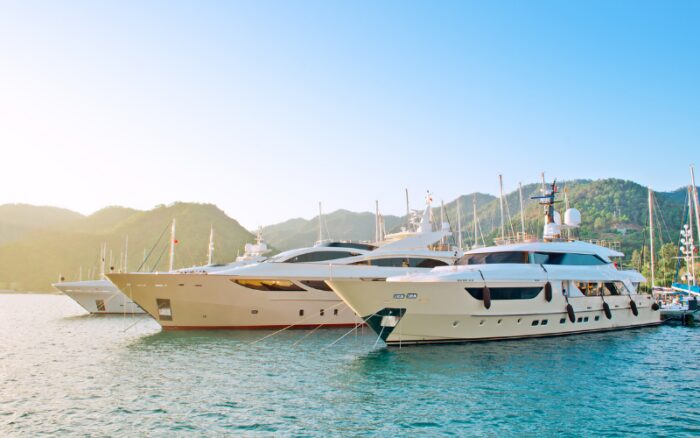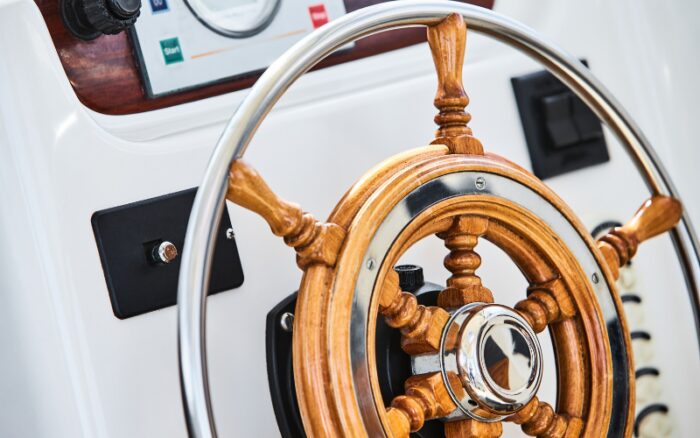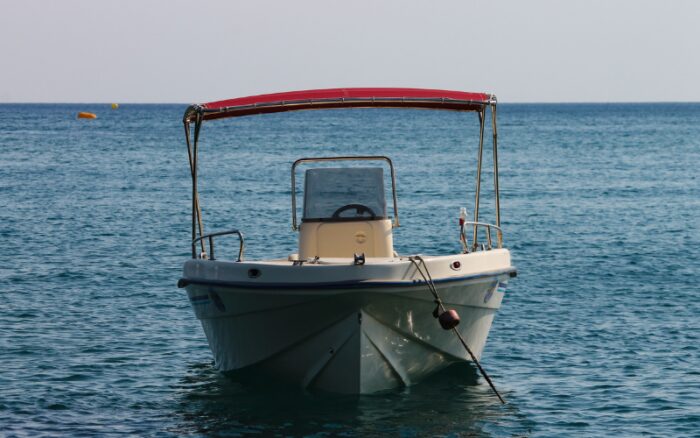
The Queen asked the real question – who wants to live forever? Well, the answer is probably many of those billionaires living their best life. But, eternity is a long time, and most of us will agree to a long and healthy life. But, if we could wish eternity and immortality to our boats, most of us would do so.
Our sea and river beauties are mortal after all. A boat life span is not something written in stone, but it can’t last forever. So, did you ever ask the inevitable? How long do boats last?
This is what we came here to talk about. Do you win a boat? Are you planning to buy one? Is your loved one at its death rope and it needs reanimation? There are plenty of reasons to be interested in boats’ life spans. One of those we listed might be yours.
Or, you might just be curious. Whatever the case might be we’re here to provide you with a valid answer. Even if your boat is not in great condition you should know that classic boat restoration is a possibility and that you can revive with if you know where to ask for help.
As w said boat’s life span is not determined to a month or year. It depends on many different conditions. Not every boat is the same, one could say. It all comes down to the type, size, materials used, the maintenance, and of course the love you sent toward it.
While love is not a detrimental factor you need to love your sea vehicle for it to have a long and fruitful life. Now, that we’re done with the introduction let’s dig a little bit deeper into the boat’s lifespan. How long do boats last?
The Lifetime of a Boat
Not all boats live the same life. But, their longevity mostly is based on one factor. It is the material they’re made of. When we pass on that we come to the water it sails on. Being in saltwater or freshwater can make all the difference.
The last but not least factor is of course the maintenance. These three factors combined can give an estimate of how long will a boat last. Of course, this is not an exact science, so we’re going to talk in approximate numbers.
When it comes to freshwater we have good news. Boats that sail on fresh water last between 15 and 30 years. When we talk about saltwater their life span is shorter it is between 10 to 25 years on average.
Furthermore, boats that sail on slate water require much more attention and the maintenance is more expensive. While these are numbers in general, you have boats that can only last for a few years and those that can last for more than five decades. It all comes down to materials and maintenance.
What you need to know is that the engine within the boat will die sooner than the shell. But, even in this department, it comes down to the type and manufacturer. Gas engines have a designated number of 1,500 running hours.
Diesel ones have much more and they stand at 5,000 hours. Depending on the usage, this means that your diesel engine can last up to one century with proper maintenance, while the gas one can reach the two decades mark.
How Materials Used Translate to Boat’s Longevity?
The materials used in manufacturing a boat paint the best picture of its longevity. Maintenance is a factor, but we can’t tell how good a job are you going to do in this department. Engine life is also a factor, but we also can’t know how much are you going to drive your boat.
This leaves us with the materials used in creating a boat to determine its longevity. In this department, we are also going to talk in averages, but trust us that this estimation is as close as one gets. So, let’s start with the fiberglass boats.
Fiberglass boats are one of those that will give up on you the quickest. Even in freshwater, the experts do not give them more than 30 years. Move this to salt water and the number remains the same. But, in freshwater, it is expected for it to last at least fifteen years, while with salty ones this number is lowered to as low as ten years.
The next in line is the aluminum boats. Quite an upper hand compared to fiberglass, but only when it comes to fresh water. In these waters, they can last anything between fifteen and thirty years.
But, the last waters are its weakness. Aluminum doesn’t bode too well with slat. This is why you should avoid buying an aluminum boat for salt water. Their longevity there is set at only five to twenty-five years.
If neither of these is what you were looking for, wood must be it, right? The ancient material. While in the past it was the only oat material people used, things have changed vastly. Do you want to own, or already possess a Portuguese caravel? Probably not.
But yes, we still have wood boats today, and their longevity in fresh waters stands at between fifteen ad twenty-five years. These are good numbers, but when it comes to salty waters they are not as resilient and the margin is from ten to twenty-five years.
The material that is predominantly used today is steel. Yes, we have come a long way, and steel boats are the norm today. They also provide the users with the most longevity.
In fresh waters, they can last up to seventy-five years, and they rarely last less than a quarter of a century. With slat waters, the numbers drop a little bit, but they still lead the domain. The starting point is twenty years, while they are estimated to hold up to half a century.
Last but not least is the Ferro-cement. If you decide on a boat made this way, you can expect longevity of up to sixty years in fresh and forty years in slat waters. They will not betray you before a decade passes.
Now you know what you’re fighting against. There’s no eternity in the boat’s life, but you can make up for it, with good material selection, proper maintenance, and a lot of love and time invested.














